No place like home: What to do when jihadists return
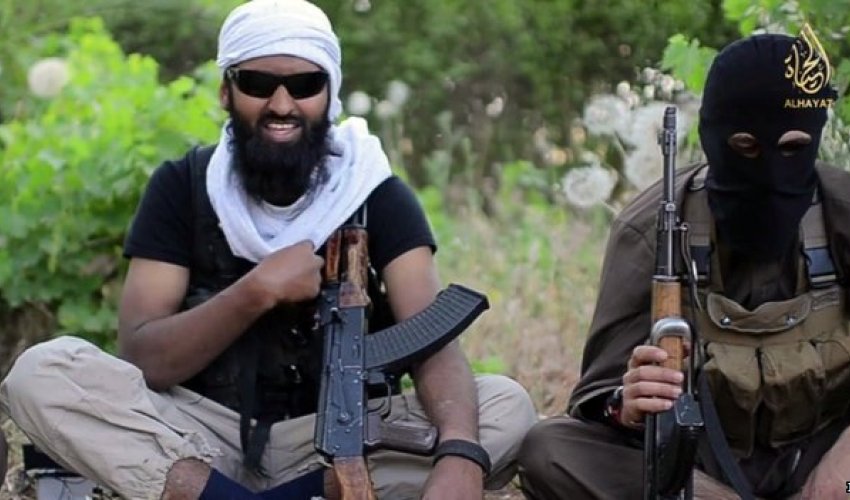
Over 15,000 foreign jihadists from 80 countries are believed to be fighting alongside militants in Syria, the US intelligence agency CIA says. Some countries try to stop the flow, others turn a blind eye, but all face the same problem: what to do when the jihadists return home?
Analysts have drawn parallels between the current conflict and the Afghanistan war of the 1980s. Then, like now, thousands of foreigners flocked there to help the mujahideen (Islamic fighters) battle Soviet forces.
The decade-long conflict finally ended in 1989 with the Islamists victorious. But for many foreign fighters, the war was not over.
One name stands out amongst the jihadists who returned home to countries like Egypt and Algeria to carry out attacks there. Osama Bin Laden, one of the founders of al-Qaeda, was a Saudi Arabian citizen who fought with the mujahideen.
Few wish to see a similar figure emerge from Syria, but there is little consensus on how to prevent this.
Threats and beheadings
In September, Belgium, the country with the highest number of foreign fighters per capita, tried 46 of its citizens - some in absentia - for their involvement with Sharia4Belgium, a group that helped send jihadists to Syria. Only eight appeared at the trial, the others are still in Syria, dead or alive.
Belgium's response is not unusual. France, Australia, Norway and Britain - countries with high numbers of foreign fighters - have also arrested returning jihadists, many of whom joined the militant group Islamic State (IS).
UK police say they have made 218 arrests so far this year while around 40 British citizens are currently awaiting trial on terror charges.
Under existing terror legislation the UK can seize passports of suspected jihadists and detain returnees from Syria for up to 14 days without charge.
The UK government is due to publish a new Counter-Terrorism bill by the end of November which will include special exclusion orders. These measures, which could last for more than two years, will prevent suspected fighters entering the UK unless they agree to strict controls.
(BBC)
ANN.Az

























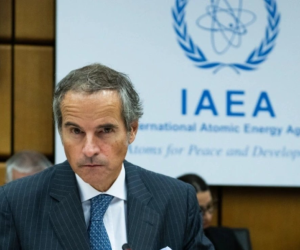
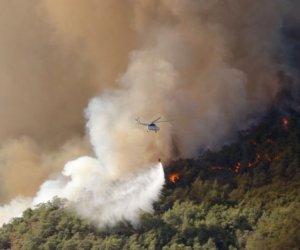
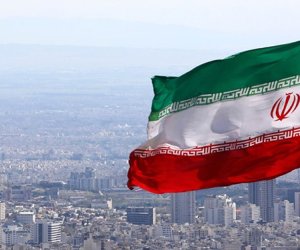
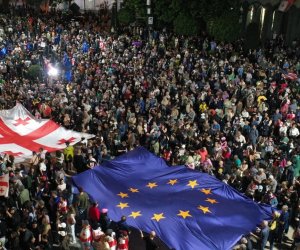

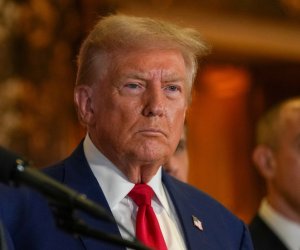
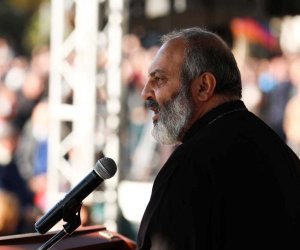
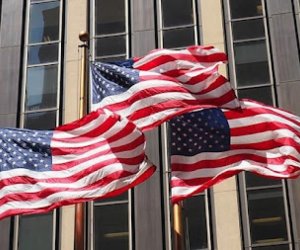



 Photo
Photo 



 Video
Video 

